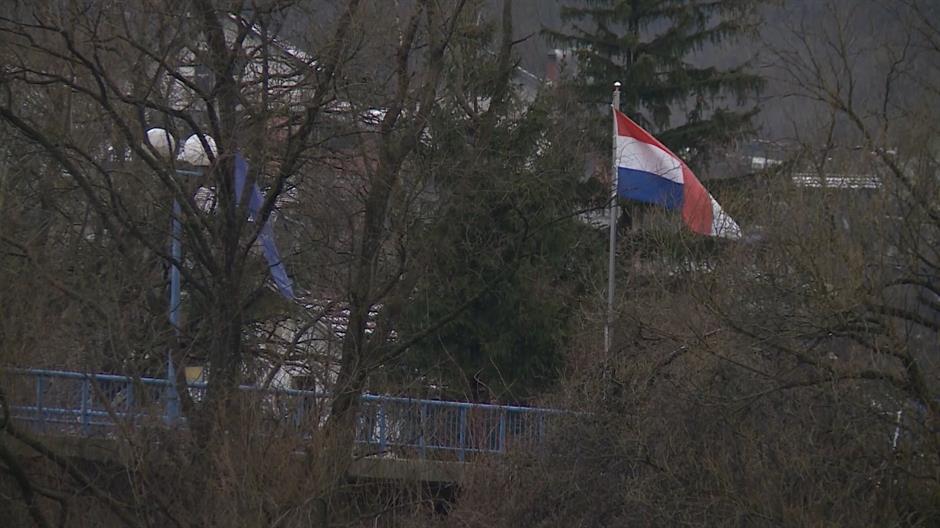
The fund for financing the decommissioning of the Krsko Nuclear Power Plant and the disposal of its radioactive waste has rejected claims by Bosnia's foreign minister that the construction of a radioactive waste disposal site in the border region could threaten 250,000 people living along the Una River.
The fund said in a press release that it resolutely rejects Minister Stasa Kosarac's statement that the landfill for radioactive waste to be built on Mt Trgovska Gora in the vicinity of the border with Bosnia and Herzegovina would threaten the health and survival of more than 250,000 people, accusing the Bosnian minister of "inciting fear and escalating misunderstanding of the subject of managing radioactive waste in Croatia."
"The depot where low and medium radioactive waste would be stored does not constitute any hazard for the local population on the condition that it is built and supervised in accordance with the best global practice," the press release said.
As a member of the EU that possesses radioactive waste, Croatia has the obligation to dispose of that waste and spent sources of ionized radiation in a safe and responsible manner, which is why it will establish a centre for the disposal of radioactive waste, where waste coming from the nuclear power plant will be stored.
Radioactive waste passes through a series of processes such as treatment, stabilisation, drying, conditioning, packing and so on to produce packets that are considered to meet the highest safety standards and be in line with the best global practice, the fund says.
The fund claims that the treatment and packing of radioactive waste into licensed receptacles guarantees that there is no possibility for radioactive waste to migrate into the environment and that there is no radiation outside the premises where the receptacles are stored.
The depot is to be supervised 24/7 and a state agency conducts inspections of the site. In the process, Croatia informs authorities in Bosnia and Herzegovina about the management of radioactive waste.
A strategic study on the environmental impact of the facility was conducted in 2016, with the participation of the public and public consultation as well as cross border consultations with authorities in Bosnia and Herzegovina as well as Slovenia, the fund said.
Last Friday, Kosarac expressed regret about the Croatian parliament's decision to confirm Trgovska Gora as the location for a depot for radioactive waste from Krsko, to be built at the site of the former Cerkezovac army barracks.
Kakvo je tvoje mišljenje o ovome?
Učestvuj u diskusiji ili pročitaj komentare





 Srbija
Srbija
 Hrvatska
Hrvatska
 Slovenija
Slovenija







